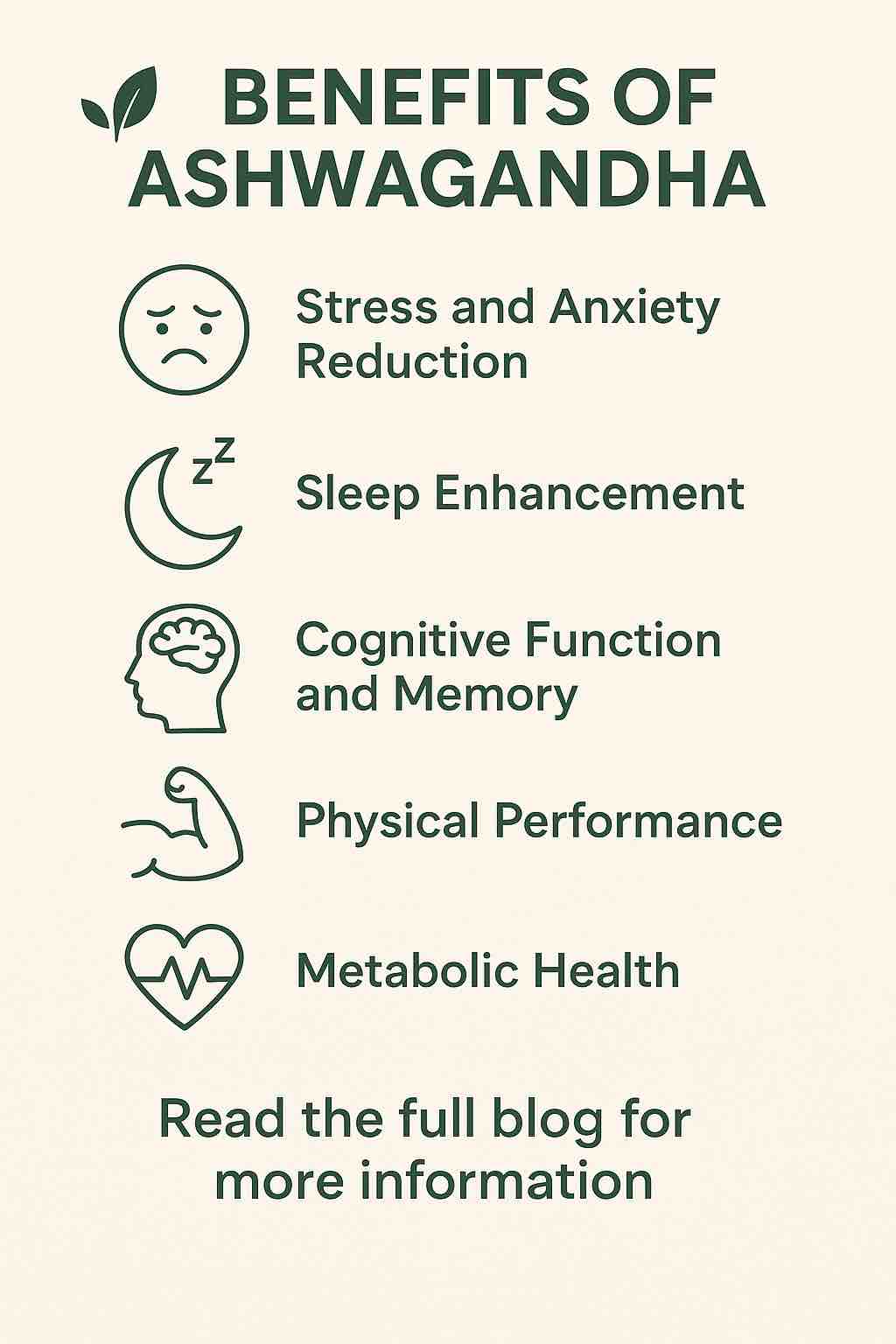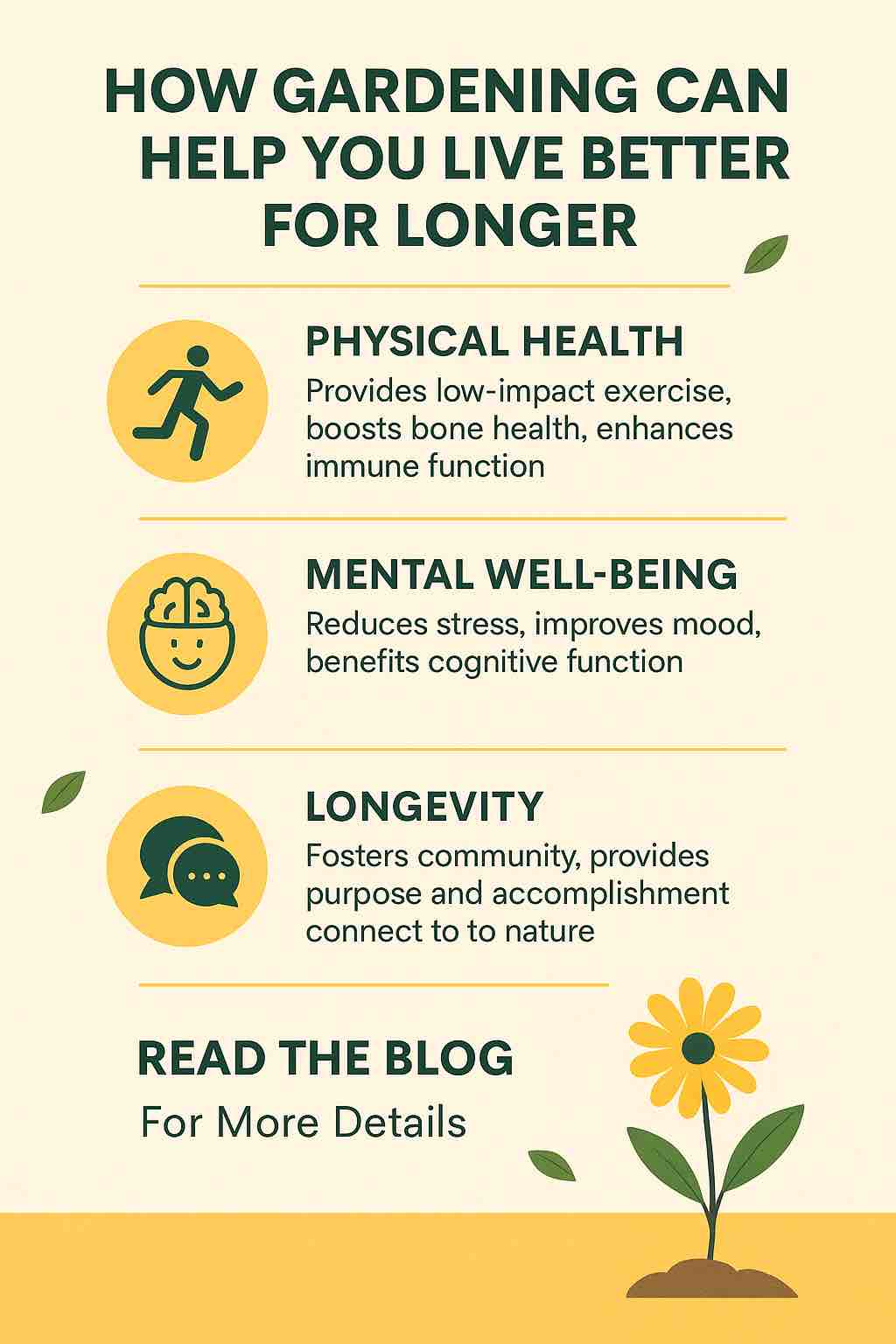
In a world that increasingly demands more of our time, energy, and mental clarity, people are turning to ancient remedies for modern solutions. At the forefront of this resurgence is Ashwagandha (Withania somnifera), a revered herb in Ayurvedic medicine. Once confined to traditional Indian households and herbal clinics, Ashwagandha is now a global phenomenon backed by science, embraced by wellness communities, and even showing up in your neighborhood grocery store.
But what exactly is Ashwagandha? Why is it gaining so much attention? And most importantly—how can you use it effectively and safely?
Let’s dive deep into the science, tradition, and practical considerations surrounding this remarkable herb.
🌱 What is Ashwagandha?
Ashwagandha, sometimes called “Indian Ginseng” (though unrelated to actual ginseng), is a small shrub native to India and North Africa. The name “Ashwagandha” comes from Sanskrit, roughly translating to “smell of a horse,” symbolizing the strength and vitality the herb is believed to impart.
In Ayurveda, Ashwagandha is classified as a Rasayana—a rejuvenating tonic that promotes longevity, vitality, and resilience against stress. Modern science categorizes it as an adaptogen, meaning it helps the body adapt to physical, emotional, and environmental stressors.
The primary active compounds in Ashwagandha are withanolides, a group of naturally occurring steroids with anti-inflammatory, anti-tumor, and antioxidant properties.
🧠 1. Mental Health and Cognitive Function
🌪️ Stress and Anxiety Relief
One of the most extensively researched benefits of Ashwagandha is its ability to reduce stress and anxiety. It works by lowering levels of cortisol, the body’s primary stress hormone.
In multiple clinical trials, participants taking 300–600 mg of standardized Ashwagandha extract experienced significant reductions in anxiety, stress levels, and symptoms of depression—often comparable to pharmaceutical anxiolytics but without the same side effects.
😴 Better Sleep Quality
Chronic stress often leads to poor sleep. Ashwagandha’s calming effects may enhance sleep onset latency and overall sleep quality. Unlike sedatives, it doesn’t induce drowsiness but supports the body’s natural sleep cycles.
🧠 Cognitive Clarity
Recent studies suggest Ashwagandha can improve working memory, attention span, and executive function. These cognitive benefits are particularly promising for people experiencing burnout, brain fog, or age-related cognitive decline.
💪 2. Physical Performance and Recovery
Whether you’re an athlete, a weekend warrior, or someone just trying to stay fit, Ashwagandha might offer an edge.
🏋️ Muscle Strength and Endurance
Randomized controlled trials show that Ashwagandha supplementation can improve VO2 max, muscle strength, and recovery time. In one study, participants taking Ashwagandha gained significantly more muscle mass and strength than the placebo group after eight weeks of resistance training.
⚡ Energy and Vitality
Traditionally, Ashwagandha has been used to combat fatigue and low energy. Its adaptogenic nature helps modulate adrenal response, potentially reducing burnout and supporting more stable energy levels throughout the day.
💉 3. Hormonal Balance and Metabolic Health
🧬 Thyroid Function
Emerging evidence indicates that Ashwagandha may support healthy thyroid hormone levels, particularly in individuals with subclinical hypothyroidism. However, this should always be monitored under medical supervision, as the herb can potentially overstimulate thyroid function in sensitive individuals.
🧪 Blood Sugar and Lipid Profiles
Ashwagandha shows potential in lowering fasting blood glucose, HbA1c, and LDL cholesterol. It may support metabolic function and help reduce insulin resistance, making it a valuable ally in the management of prediabetes or metabolic syndrome.
🛡️ 4. Immune Modulation and Inflammation
Ashwagandha has demonstrated immunomodulatory effects, helping regulate the immune response rather than merely stimulating or suppressing it. This makes it promising for:
- Autoimmune conditions (with caution)
- Low-grade chronic inflammation
- Recovery from illness
Its antioxidant properties also contribute to cellular protection and reduced oxidative stress, which plays a role in aging and chronic disease.
🧪 How to Use Ashwagandha
📏 Typical Dosage
- General wellness: 250–500 mg/day
- Stress and anxiety: 300–600 mg/day
- Physical performance: 500–1,250 mg/day
Always choose standardized extracts with clear withanolide content (typically 2.5%–5%). The root extract is most commonly studied, but some formulations also use the leaves.
🕒 Timing
- For stress and anxiety, divide doses between morning and evening.
- For sleep, take it 30–60 minutes before bedtime.
- For physical performance, use it about an hour before workouts.
⚠️ Safety, Side Effects, and Considerations
Despite its ancient roots and natural origins, Ashwagandha is not without its precautions:
✅ Generally Safe When Used Responsibly
Clinical studies show that Ashwagandha is well tolerated in most people, especially when used for up to 12 weeks.
🚫 Not Recommended For:
- Pregnant or breastfeeding women
- People with autoimmune diseases (unless advised by a physician)
- Those on sedatives, thyroid medications, or immunosuppressants
⚠️ Side Effects (Uncommon but Possible)
- Gastrointestinal upset
- Headaches
- Drowsiness
- Rare reports of liver injury (usually at very high doses or with contaminated supplements)
As always, consult a qualified healthcare provider before starting Ashwagandha, especially if you are on medication or managing a chronic condition.
🧘 The Bigger Picture: Ashwagandha as a Lifestyle Tool
Ashwagandha isn’t a magic bullet—and it shouldn’t be treated like one. It is most effective when used in conjunction with a healthy lifestyle: balanced diet, exercise, mindfulness practices, and sufficient sleep.
What sets Ashwagandha apart is its multifaceted effect—a single plant supporting multiple systems in the body, gently nudging it toward homeostasis rather than forcing specific outcomes.
In that sense, Ashwagandha doesn’t just treat symptoms; it helps build resilience—physically, mentally, and emotionally.
📚 Final Thoughts
Ashwagandha stands at the intersection of ancient wisdom and modern science. It’s not hype—it’s history meeting evidence. Whether you’re seeking calm in chaos, energy without stimulants, or clarity without burnout, Ashwagandha may be worth considering.
But as with all supplements, the goal should not be dependency—it should be empowerment. Used wisely, Ashwagandha can be a powerful ally in your journey to well-being.
🙋 Frequently Asked Questions (FAQs)
1. What is the best time to take Ashwagandha?
Ashwagandha can be taken either in the morning to support stress resilience and energy, or at night to promote relaxation and better sleep. If your focus is sleep or anxiety relief, evening is ideal.
2. How long does it take for Ashwagandha to work?
Most users notice benefits within 2–4 weeks of daily use. However, effects on physical performance and hormone regulation may take 6–8 weeks of consistent use.
3. Can I take Ashwagandha every day?
Yes, Ashwagandha is generally safe for daily use when taken within recommended doses (typically 300–600 mg/day). Long-term use beyond 12 weeks should be discussed with a healthcare provider.
4. Does Ashwagandha help with anxiety and stress?
Yes, multiple clinical trials support Ashwagandha’s ability to reduce cortisol levels, calm the nervous system, and ease symptoms of generalized anxiety and stress.
5. Is Ashwagandha safe for women?
Ashwagandha is safe for most women, but not recommended during pregnancy or breastfeeding due to its hormonal effects and potential uterine stimulation.
6. Can Ashwagandha help with sleep issues?
Yes, Ashwagandha may improve sleep quality and duration by promoting relaxation and reducing overactive stress responses, particularly in those with insomnia or high stress.
7. Are there any side effects?
Side effects are rare but can include digestive upset, drowsiness, or headache. Extremely high doses or poor-quality supplements may pose a risk to liver health.
8. Can Ashwagandha be taken with other supplements or medications?
Ashwagandha can interact with medications for thyroid, diabetes, sedatives, and immunosuppressants. Consult your doctor before combining it with prescription drugs or other herbs.
9. Is Ashwagandha suitable for athletes?
Yes, Ashwagandha may enhance muscle strength, endurance, and recovery, making it a natural performance enhancer when combined with training.
10. What’s the difference between Ashwagandha powder and capsules?
Powder is more traditional and versatile but may have a strong taste. Capsules or tablets are more convenient, offer standardized dosing, and are often more palatable.














